The Hydrogen Transport in European Cities (HyTEC) consortium is plotting the way forward for the deployment and operation of hydrogen fuel cell vehicles.
Involved in a four-year initiative to develop demonstration projects for hydrogen fuel cell vehicles, HyTEC aims to explore how the technology can be rolled out across Europe.
Key outputs from the HyTEC initiative include:
- Creation of a ‘Best Practice Guide’ for cities and regions across Europe that have an interest in becoming early adopter areas for hydrogen transport
- Putting hydrogen fuel cell vehicles, particularly passenger cars and taxis, on the road to demonstrate the role they can play in improving air quality
- Recommendations on safety and certification for hydrogen fuelling infrastructure
- Protocol created for collection and analysis of data from vehicles
- Environmental assessment on vehicles and fuelling stations
The outputs from HyTEC will inform governments and cities across Europe on what the key considerations are when looking to implement a Hydrogen transport infrastructure. This will ensure a greater understanding of what this technology can achieve and will play an important role in the future adoption of the burgeoning hydrogen energy market.
“It’s a tremendously exciting time for hydrogen powered transport,” said Dr Emma Guthrie, HyTEC project coordinator and UK business development manager for Hydrogen Energy Systems at Air Products.
“The outcomes of HyTEC’s work really will set the future pathway for successful adoption and implementation.
“The learning from the HyTEC initiative will provide incredible confidence to Governments, investors, developers and energy providers to see that the future for hydrogen powered transport will become a reality.”
Hydrogen fuel cell vehicles are a real and viable alternative to those powered by petrol or diesel, offering zero emissions at the point of use.
In an urban environment the deployment of such technology can have a clear and demonstrable contribution to improved air quality and public health. There is currently an acute focus on the deployment of zero emission transport for cities. The work of HyTEC aims to provide improved confidence in the use of fuel cell technology solutions to improve air quality.
HyTEC is co-funded by transport and infrastructure companies and the European Commission’s Fuel Cell Hydrogen Joint Undertaking to trial and develop energy efficient transport solutions.
It was set up to create new European hydrogen passenger vehicle deployment centres in London and Copenhagen and also to link the new and existing fuel cell vehicle demonstration projects across Europe, including a small fleet of passenger cars deployed in Oslo.
A key objective was to understand how best to develop infrastructure networks, including the rollout of hydrogen fuelling infrastructure around key cities. There was a particularly focus on strategic clustering to encourage the sustained growth of the hydrogen transport sector. This is especially important as it expands and enters an early commercialisation phase across Europe.
Across Europe, HyTEC acted as a catalyst and a link for key demonstration projects:
In London
- Deployment of a fleet of five fuel cell hybrid taxis into London in July 2012
- Completion of a programme of operation of the taxis, initially to support Mayoral activity during the London Olympic and Paralympic Games and then subsequently to achieve performance targets
- Deployment of the UK’s first standalone hydrogen fuelling station at Heathrow Airport in July 2012; the first truly publically accessible hydrogen fuelling facility in the UK, available to end users 24 hours/day
- Deployment of two Hyundai ix35 FCEVs fuel cell passenger cars to Transport for London for staff of London Bus Services Ltd (LBSL) for field based activities - part of the first commercial fleet of fuel cell cars deployed into the UK on a commercial lease basis
In Copenhagen
- The deployment of a fleet of Hyundai ix35 FCEVs fuel cell passenger cars
- The first of three new hydrogen fuelling stations for the Copenhagen area
- Hydrogen infrastructure expansion analysis for Denmark which contributed towards a new energy plan for Denmark
In Oslo
- Hyundai ix35 FCEVs fuel cell passenger cars were supplied to Oslo to help increase utilisation of an existing hydrogen fuelling network

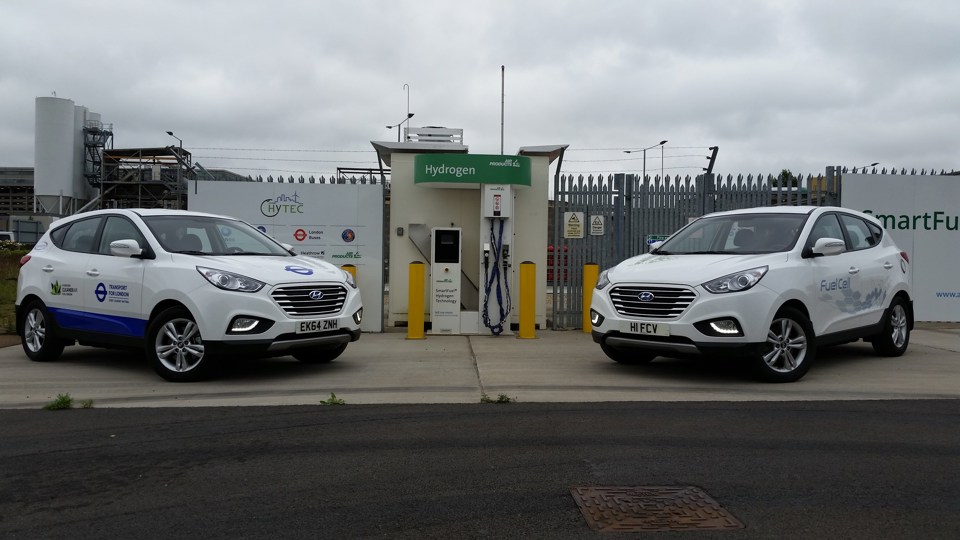



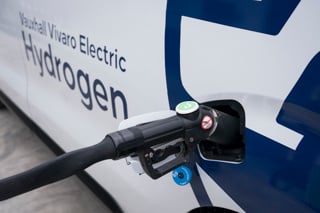
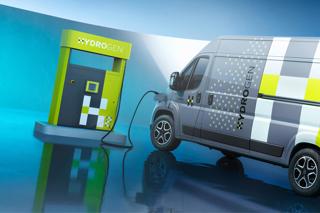
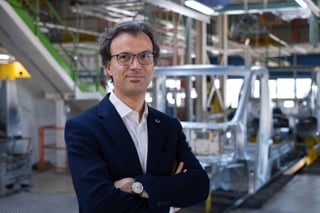
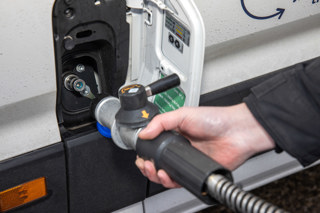
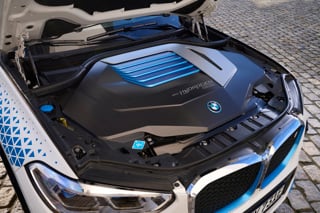












Login to comment
Comments
No comments have been made yet.